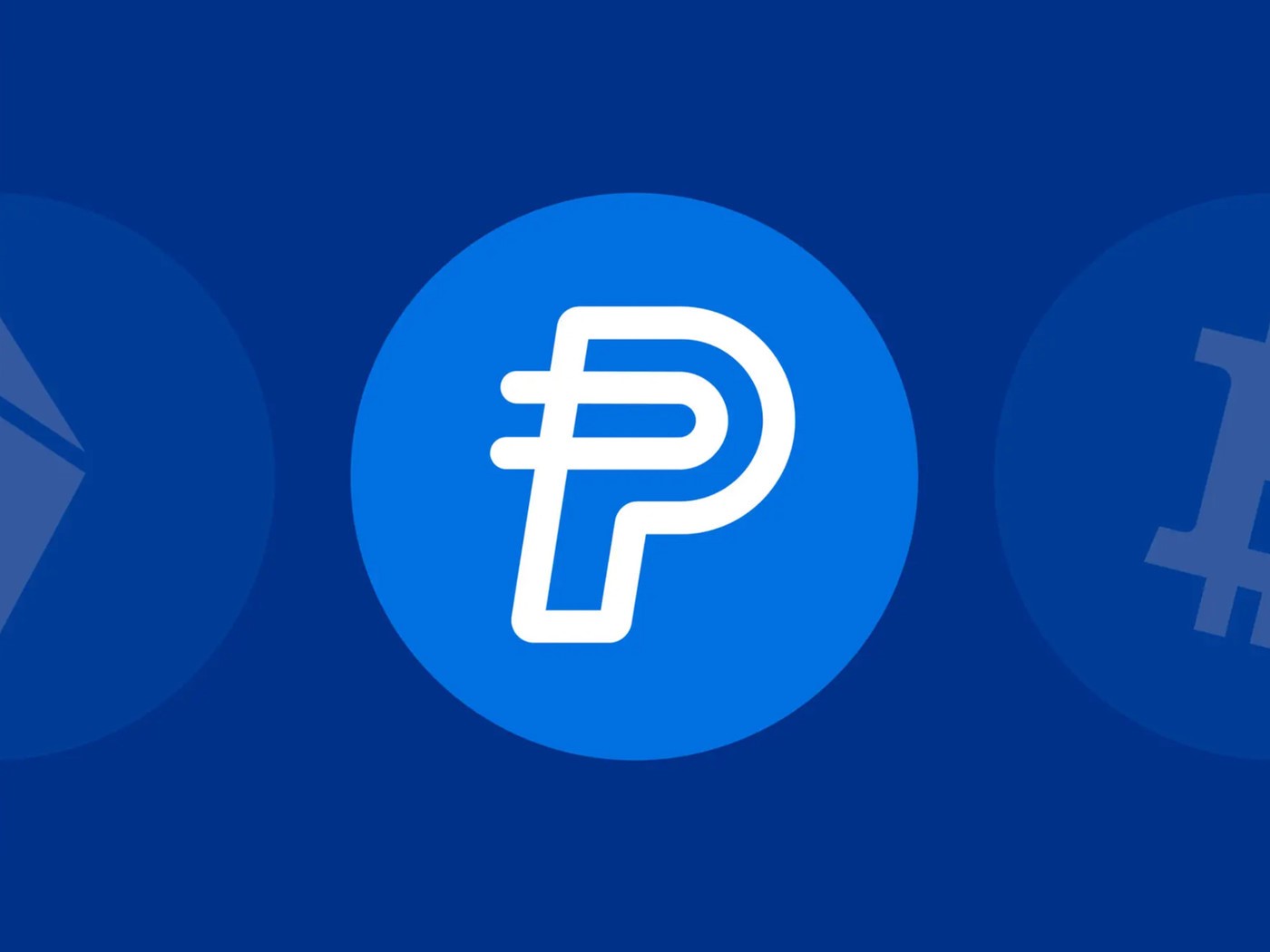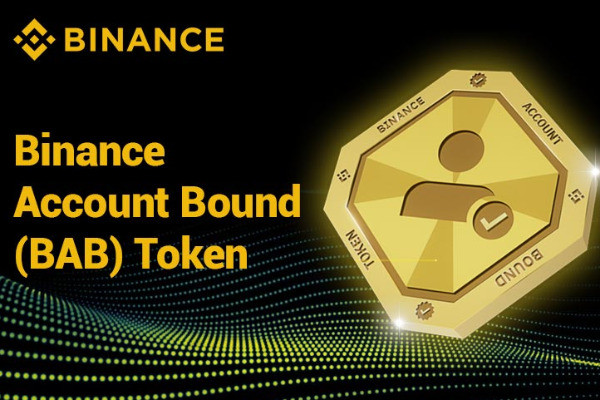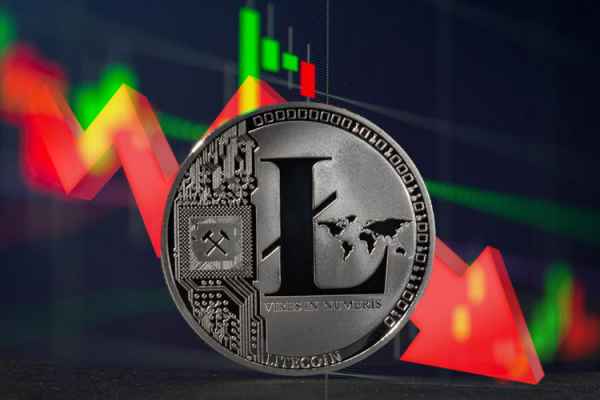PayPal Stablecoin combines the ease of digital payments and the stability of conventional currencies. It could transform the overall digital payment sector in the US.

For many years, the digital finance landscape has experienced a revolutionary shift. Cryptocurrencies like Bitcoin have emerged as a disruptive force, challenging traditional financial systems and providing individuals with greater financial autonomy. Among these digital innovations, stablecoins have garnered significant attention due to their potential to combine the benefits of Bitcoin with the stability of traditional fiat currencies.
One such noteworthy development in stablecoins is PayPal Stablecoin (PYUSD), a project that aims to redefine digital payments. In this major crypto education website article, we delve into everything you need to know about the recently launched PayPal Stablecoin and its potential impact on the financial world. We will also discuss some notable challenges and the future for those who purchase PayPal USD.
Understanding Stablecoins
Before diving into the specifics of PayPal Stablecoin, let's grasp the concept of stablecoins. Unlike traditional cryptocurrencies such as Bitcoin or Ethereum, whose value can be highly volatile, these assets have designs that maintain a stable value by pegging their worth to an underlying asset. This underlying asset could be a fiat currency like the US Dollar or Euro, a commodity like gold, or even a combination of assets.
What is PayPal Stablecoin?
PayPal, a global leader in online payment solutions, has quickly recognized the potential of stablecoins. However, the company has recently launched its stablecoin, aiming to leverage the benefits of blockchain technology while offering the stability of traditional currencies. This move will potentially revolutionize the way people transact and transfer money digitally.
At its core, PayPal Stablecoin (PYUSD) is a type of stablecoin designed to maintain a stable value, as opposed to the volatility often associated with traditional cryptocurrencies like Bitcoin and Ethereum. Stablecoins are typically pegged to a stable asset, such as a fiat currency like the US Dollar or a commodity like gold. In this case, the stablecoin is pegged to a basket of fiat currencies, ensuring its value remains relatively consistent.
How Does it Work?
The mechanics of PYUSD revolve around a blockchain-based ledger system. This decentralized technology allows for secure and transparent transactions, reducing the need for intermediaries and speeding up the settlement process. When users convert their traditional currency (USD) into PYUSD, the equivalent amount of 1:1 is minted and stored on the blockchain. These stablecoins are available for various transactions within and outside the PayPal ecosystem.
Advantages of PayPal Stablecoin
The PayPal Stablecoin (PYUSD) presents several advantages that could contribute to its widespread adoption and success. Let's now discuss some of these advantages below:
-
Reduced Volatility
One of the primary advantages of stablecoins, including PayPal Stablecoin, is the stability of value. Unlike cryptocurrencies that can experience drastic price fluctuations, stablecoins offer a reliable and predictable value. However, PYUSD is more suitable for everyday transactions than Bitcoin and fiat currencies. -
Efficient Cross-Border Transactions
PayPal's global reach, combined with the stability of its stablecoin, could lead to more efficient cross-border transactions. Users could seamlessly send funds across borders without thes and fees associated with traditional banking systems. -
Financial Inclusion
Stablecoins have the potential to provide financial services to unbanked or underbanked populations. By offering a digital payment solution accessible to anyone with a smartphone, PYUSD could bridge the gap between traditional banking and digital finance. -
Integration with Existing System
The established presence of this company in the digital payment space could facilitate the integration of its stablecoin into existing platforms and systems. Users have experienced convenient transactions with PayPal for many years. Therefore, now that the crypto coin is available, many old company customers will feel they are the best option for various transactions. -
Ecosystem Expansion
The introduction of PayPal Stablecoin could lead to the development of an entire ecosystem around it. This system could include partnerships with merchants, financial institutions, and other service providers, further enhancing its utility. -
Smart Contracts and Decentralized Applications
Beyond simple transactions, stablecoins can also facilitate the development of smart contracts and decentralized applications (DApps). These applications can automate various processes, ranging from supply chain management to real estate transactions.
Challenges and Considerations
While the potential benefits of PYUSD are significant, it has some significant challenges and considerations. In this section, we will discuss some of these prominent issues.
-
Competition and Interoperability
The stablecoin landscape is becoming increasingly crowded, with various companies and organizations launching versions. Ensuring interoperability between different stablecoin systems will be a challenge. However, the company must differentiate itself and offer compelling features to stand out. -
Regulatory Landscape
The regulatory environment surrounding stablecoins is still evolving. Therefore, they must navigate various regulatory challenges to ensure compliance with financial laws and regulations in different jurisdictions. -
Trust and Security
Building trust and ensuring the security of the stablecoin's infrastructure will be crucial. Any breaches or vulnerabilities could undermine confidence in the platform. Therefore the company will have to put some new systems in place to ensure the safety of users' funds. -
User Education
Educating users about the benefits and usage of stablecoins will be necessary for widespread adoption. Many individuals still need to become more familiar with stablecoins and how they differ from traditional cryptocurrencies. However, the company will require more cost and effort before providing sufficient information to interested users.
The Road Ahead
PayPal Stablecoin represents a significant step forward in the evolution of digital payments. Its potential to provide stability, speed, and cost-efficiency in transactions could reshape how people conduct financial transactions globally. As the technology matures and regulatory frameworks are available, we expect PYUSD to play a more prominent role in everyday financial activities.
Moreover, the company's interest and exploration signify a turning point in the world of digital finance. The success of PayPal's stablecoin will pave the way for other mainstream financial institutions to explore similar avenues, accelerating the adoption of blockchain technology and stablecoins globally. Additionally, educational content will be provided regarding the assets used to help US account holders understand the coin's potential.
Summary
The new PayPal Stablecoin has launched, and it promises to combine the convenience of digital payments with the stability of traditional currencies. Its potential impact on financial inclusion, cross-border transactions, and the broader digital payment landscape is now significant in the United States. While challenges exist, the future of digital finance could be shaped by PayPal Stablecoin, bringing us closer to a new era of financial empowerment and convenience.

 Dedicated FREE FOREX VPS
Dedicated FREE FOREX VPS Free FOREX Virtual Private Server
Free FOREX Virtual Private Server MT4 Demo Contest, Get $500
MT4 Demo Contest, Get $500 Sign Up for an Account, Claim 60% Deposit Bonus
Sign Up for an Account, Claim 60% Deposit Bonus Free MT4/MT5 VPS 2024
Free MT4/MT5 VPS 2024 Send E-mail and Get Free Merchandise
Send E-mail and Get Free Merchandise $1K Refer a Friend Bonus for Pepperstone Pro clients
$1K Refer a Friend Bonus for Pepperstone Pro clients Maximize Your Earnings with 100% Deposit bonus
Maximize Your Earnings with 100% Deposit bonus Trade to Win, $5,000 Monthly Demo Contest
Trade to Win, $5,000 Monthly Demo Contest Claim 30% + 15% Deposit Bonus from LiteFinance
Claim 30% + 15% Deposit Bonus from LiteFinance






 Bitcoin
Bitcoin Ethereum
Ethereum Tether
Tether BNB
BNB Solana
Solana USDC
USDC XRP
XRP Dogecoin
Dogecoin Toncoin
Toncoin Cardano
Cardano